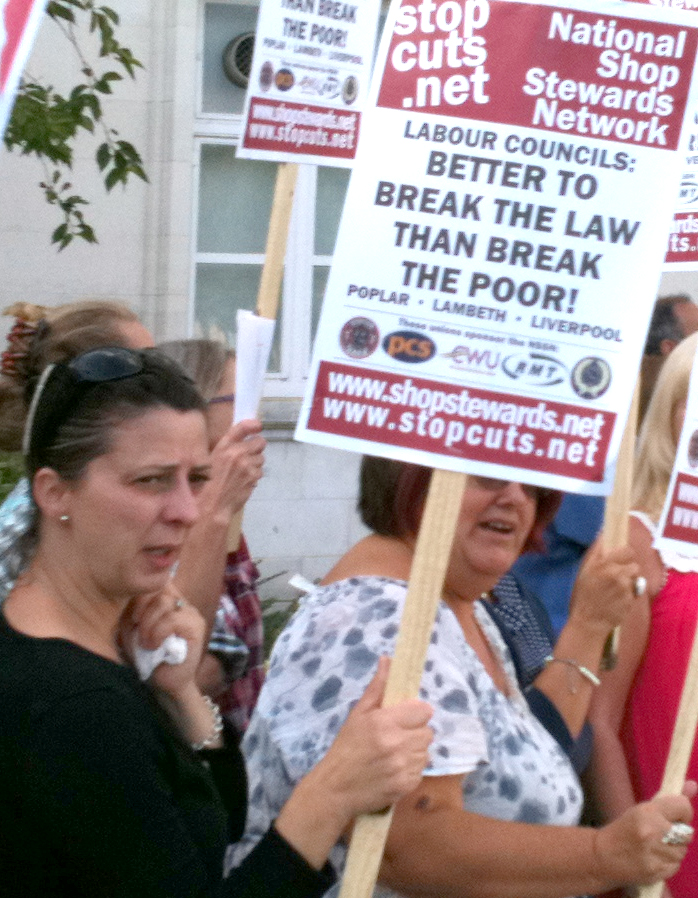Sarah Sachs-Eldridge
A major attempted theft has been obscured from public view by the phone hacking scandal. On Monday 11 July prime minister David Cameron launched a White Paper, ‘Open Public Services’.
It proposes the wholesale privatisation of all public services, which for most people will mean ‘unaffordable’ or even ‘closed’ public services. The next generation could be robbed of its right to decent education, health, care and other essential services.
In his launch speech millionaire Cameron said the era of “old fashioned” delivery of public services would be ended. But in reality these plans, if implemented, would take us back to Victorian times where services were provided at the whim of private interests.
The Guardian has obtained documents under the Freedom of Information Act which reveal that the plans for control of services at local level include the potential for “schools, hospitals, social care systems and nurseries to fold without the government stepping in to prop them up”.
Cameron’s weasel words, promising to put “power in people’s hands”, will not disguise this crime. On the day private profiteers proved they cannot be relied on to provide our services, with the collapse of private care provider Southern Cross, Cameron had the breathtaking gall to present his plans to sell off the rest of our public services to private vultures.
Cameron blamed the collapse of Southern Cross, a massive company that provided residential care to 31,000 people and had 44,000 employees, on the previous Labour government, also pro-privatisation fundamentalists.
In July 2010, following the first Con-Dem emergency budget, the boss of one private profiteering contract company, Carillion, was said to be “excited” by the prospect of spending cuts.
But most ordinary people will not feel that way about further privatisation, which has already brought misery to millions. The destruction this process has wrought, under successive Tory and Labour governments, has been seen, in particular, on the railways, in our hospitals and in wage packets.
The press has made much of a so-called ‘scaling down’ of these plans from those originally outlined, with the Lib Dems claiming responsibility. But Clegg’s lot also fear losing the ear of big business and insist that they are not opposed to ‘reform’ ie privatisation and cuts.
Cameron and Co have come under pressure – but not from their Lib Dem partners in crime so much as public opposition to privatisation and cuts.
A recent Financial Times poll shows support for the axing of public spending has fallen faster in Britain than in the US or the major European economies. As the paper’s economics editor remarks: “The results will make it difficult for Mr Osborne to go to the country and ask for further belt-tightening.”
But slowing these vicious thieving ‘reforms’ is not enough. Dave Prentis, general secretary of Unison the public sector union, correctly warned that Cameron’s privatisation scheme entails “removing protections on workers’ pay and conditions, creating a race to the bottom, so that services are more attractive to private buyers.”
On 30 June striking public sector workers expressed opposition to all cuts and privatisation. While a good start workers knew that a one-day strike by four unions would be insufficient to stop the government’s plans. So far Prentis, despite his angry words, has not named the day for a union-wide strike ballot against the pensions robbery despite huge support for such a tactic.
A 24-hour public sector general strike is urgently needed and would provide a channel for the enormous anger against this latest proposal. As such it would have the support of millions of anti-cuts campaigners, students and service users.









